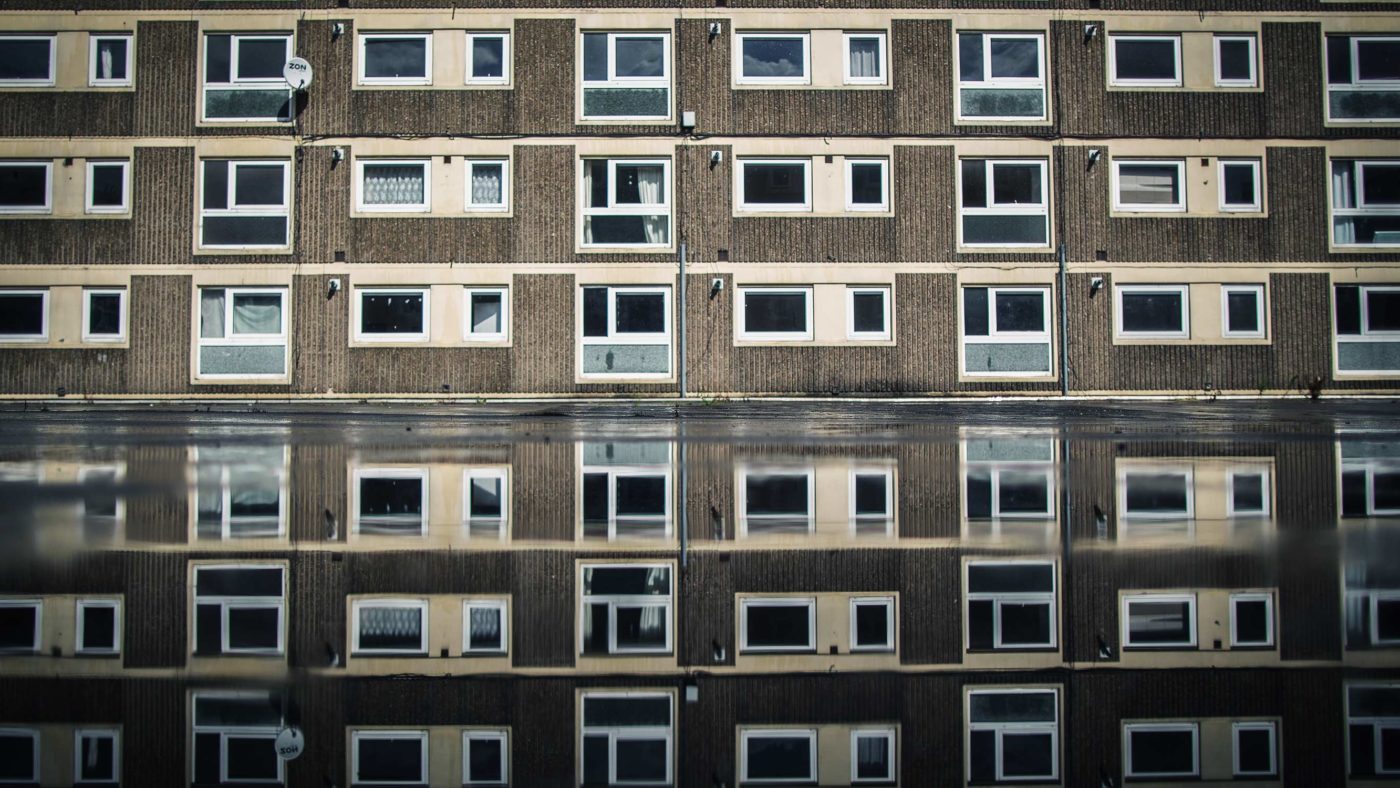The debate about capitalism currently consuming British politics is an important one. But it’s also frustrating – because much of it rests on the mistaken assumption that we are currently running an experiment in turbo-charged unbridled free-market capitalism.
Nothing illustrates this more clearly than the housing market, which is supposedly the epitome of the way in which market forces have made life harder for ordinary families.
It is a strange argument. Not because the housing market doesn’t need fixing. It does. Desperately. But because the housing market could not be further from the unregulated Wild West that Jeremy Corbyn – and plenty of Tories – paint modern Britain as.
The government builds houses, subsidises houses, taxes houses. It decides how many houses should be built and where; it decides whether land should be used for housing or farming or playing golf on. It tells you that you cannot build higher; that you cannot build wider; that you cannot build your house out of this or that material; that the outside of your house isn’t to its tastes; that the inside of your house isn’t to its tastes; that your hedge is too high; that the tree in your garden has to stay.
I point all this out not to argue that it is all pointless and detrimental meddling (though much of it is), but to correct a misconception that goes unchallenged by too many on the Right. It is a vision of the country that both Theresa May and Jeremy Corbyn have, in their own ways, defined themselves against – a neoliberal paradise of, to quote the Conservative manifesto, “untrammelled free markets”.
This misconception does so much damage because it means that every problem is automatically diagnosed as “too much capitalism” – to which the cure is usually “more government”.
But actually, the most powerful economic actor in the country isn’t a multinational megacorp. It’s the state. Government spending accounts for around 40 per cent of GDP. You may have read that we live in an age of unparalleled cruelty to the poor, an age of benefit cuts and food banks. But social security spending in Britain today is twice what it was in the 1970s. In the Square Mile, supposedly the heart of casino capitalism, regulation looms so large that no important decision can be made without a gaggle of lawyers in the room.
Of course an unreconstructed socialist such as Jeremy Corbyn thinks all that is wrong with Britain is a consequence of deregulation, privatisation and austerity. In his party conference speech, he called Grenfell Tower “a tragic monument” to a “degraded regime”: “Grenfell,” he declared, “is not just the result of bad political decisions. It stands for a failed and broken system which Labour must and will replace.”
It isn’t hard to see why plenty of voters might find that a compelling promise, but it is strange that so many Conservatives buy into the same logic. A Tory advert unveiled last week featured the slogan “Labour always take it too far”. It is a compliment disguised as an insult. Read between the lines and it says: they are right.
Intelligent Conservatives realise that the only way to fight Corbynism isn’t to meet it halfway. It is to make the opposite case: to point out that government inaction can be just as costly as government action, and that capitalism has the answers to plenty of the problems with the status quo.
Here, again, housing is the perfect example. This weekend Theresa May announced a further £10 billion for Help To Buy, a scheme which further puffs up demand in a market with a supply problem. Why can’t supply respond to increases in demand? The short answer is the government. The government doesn’t need to build more houses, as so many suggest. It needs to let us build more houses.
Land regulation doesn’t just distort the housing market. The damage it does spreads further than that by making it harder for resources – including labour – to go to the most productive parts of the economy.
A new study by a group of economists including Nobel laureate Edward Prescott puts a number on the cost of that interference in the United States. Prescott and his colleagues Kyle Herkenhoff and Lee Ohanian take two historically very productive states – New York and California – where land regulations have grown more onerous recently and build a model to estimate what would happen if these regulations were returned to the level they were at in 1980.
The answer is a big economic boon: a 7 per cent boost to productivity and a 5 per cent rise in consumption. If all US states moved halfway from their current level of planning regulation to Texas’s more light-touch system, the results would be even more remarkable. Labour productivity would increase by 12.9 per cent and consumption would be 11.9 per cent higher.
Higher productivity means higher wages – and an electorate less keen on junking the status quo for Corbyn’s alternative.
There has been plenty of head-scratching at fringe events at this week’s Conservative Party conference about where capitalism has gone wrong. A good start would be to stop assuming that unbridled free market capitalism is the status quo. It isn’t.


